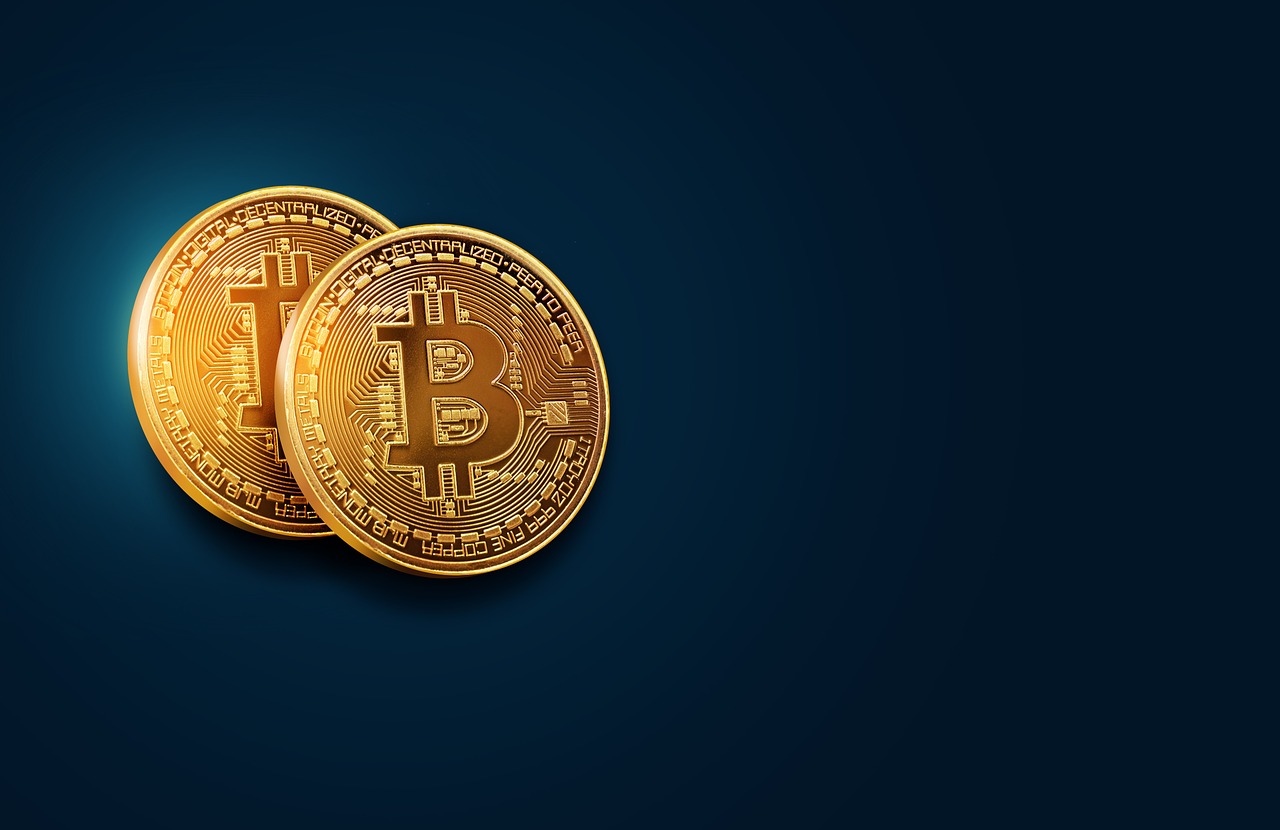Buying Bitcoin is Dangerous, Says Bank of Russia Executive

The Bank of Russia has voiced worry about the growing number of domestic traders putting money towards Bitcoin.
The Russian central bank has maintained its anti-Bitcoin position, with one of the bank’s senior officials equating the crypto to a scam.
In a Wednesday discussion, Sergey Shvetsov, which is the Bank of Russia’s deputy chairman, voiced the council’s worries regarding crypto investing, cautioning people about the potential harm and damages in assets by investors.
Shvetsov stated that domestic investors are starting to put their money into non-traditional financial products he describes as “digital financial pyramids,” with Bitcoin being only one of such scams.
He claims that many ordinary investors expect big profits from crypto investments and that they are willing to sell their real estate assets or take out loans to engage in Bitcoin despite the “great” danger of losing everything they have.
“When someone buys Bitcoin, they enter a landmine field, but there is no one to depend on except themselves, and no one can safeguard them,” Shvetsov contended. The Chairman stressed that the Russian state bears no blame for crypto users’ casualties:
“There is no reason to deal with things that are not safeguarded by the Russian Federation, where your wealth will easily be stripped away, and you will have no recourse.”
Shvetsov has repeatedly contented similar comments regarding the crypto business, claiming in 2020 that the Bank of Russia does not consider cryptocurrency purchases and trades as investments and urging the state and financial middlemen to dissuade Russians from purchasing crypto.
As reported earlier, the Bank of Russia has also prohibited domestic commercial banks from providing cryptocurrency operations.
However, crypto investing is becoming progressively popular in the state of Russia. The cryptocurrency was the 5th most prominent investment option in Russia last year, behind deposit and saving accounts, international currencies, property investment, life insurance policies, and was slightly more trendy than gold investing.




















